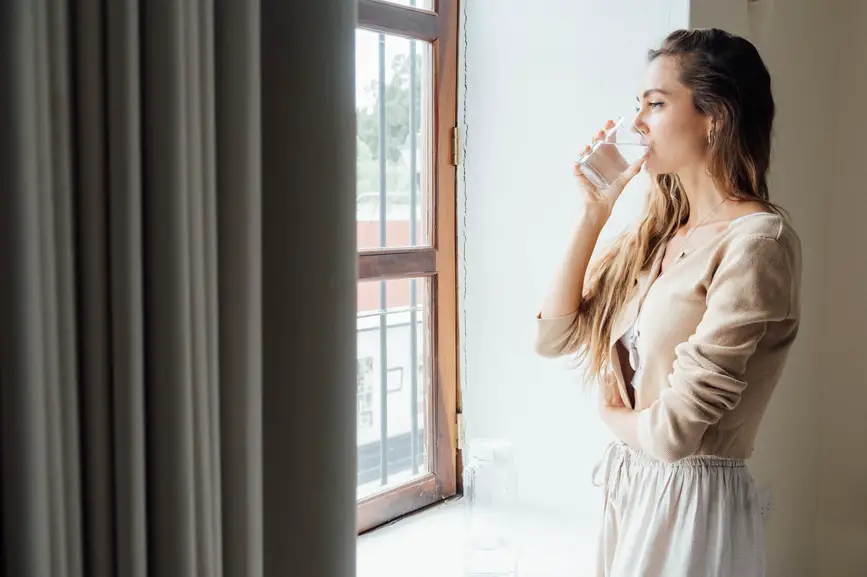Have you ever been curious about what causes thirst and whether drinking more water always guarantees that you’ll quench your thirst? Feeling thirsty most often means that your body needs fluids, according to Lauren Manaker, MS, RDN, LD, CLEC, CPT. But it can also be a response to various situations, such as eating salty foods, being in higher altitudes, managing diabetes, having high blood sugar, having hyperthyroidism, or taking certain medications.
Thirst and dehydration often go hand in hand, but thirst is only one symptom of many, according to Dana Cohen, MD, a medical advisor for Cure Hydration. Dehydration can manifest through signs such as dizziness, weakness, fatigue, headache, dry skin, dry mouth, and amber-colored or concentrated urine.
Drinking water does not always guarantee that you will quench your thirst. Thirst is not just an indicator that you waited too long to drink water, but also a sign that your body needs to be replenished at the cellular level. Hydration means having enough water inside your cells for them to function properly and for your body to be in homeostasis with balanced mineral, vitamin, and water levels.
Simply drinking plain water may not always be sufficient to combat dehydration, according to Dr. Cohen. In fact, drinking too much plain water can lead to the loss of important electrolytes. To get ahead of dehydration, it’s essential to maintain effective hydration habits.
Here are some tips to prevent dehydration:
1. Keep hydrated with water throughout the day, aiming for the recommended total water intake of 2.7 (women) to 3.7 liters (men) daily.
2. Incorporate hydrating foods such as cucumber and watermelon into your diet.
3. Monitor the frequency and color of your urine, aiming for a straw-colored shade, which indicates good hydration.
4. Consider replenishing your electrolytes with a science-backed, no-sugar-added electrolyte solution like Cure to prevent the inadvertent flushing out of essential minerals when drinking plain water.
By integrating these tips into your routine, you can maintain proper hydration levels without relying on plain water alone.
Source link


